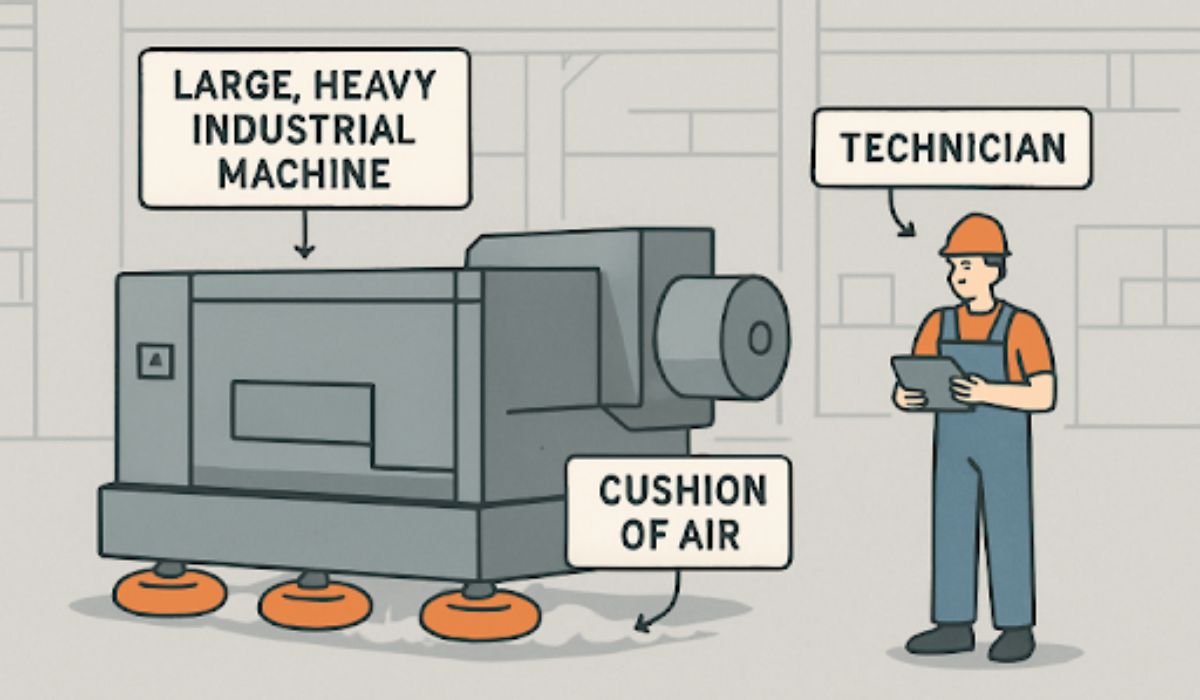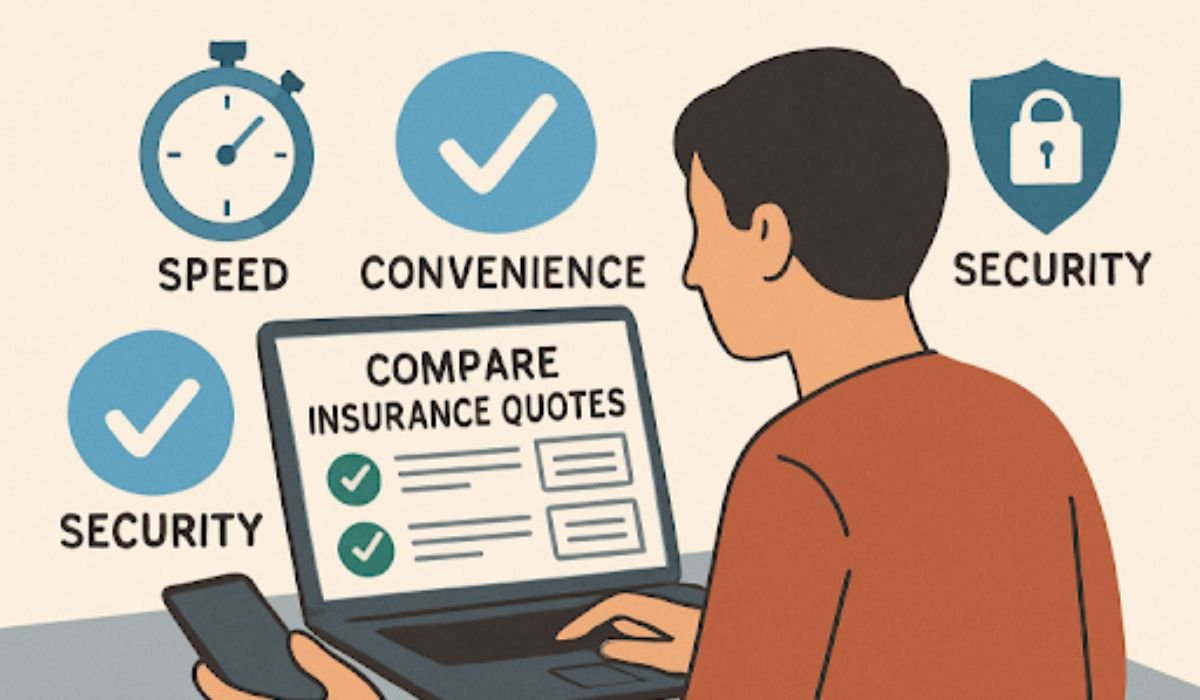The term coomer party might sound like an obscure internet joke, but it offers a fascinating look into the intersection of online culture, psychology, and social behaviors. At its heart, the concept reflects themes surrounding internet addiction, dopamine-driven habits, and the ways social media and memes shape modern lives.
Understanding what a coomer party truly represents, including its origins, underlying psychological impacts, and broader cultural implications, provides valuable insights into contemporary society.
From humorous memes to meaningful commentary, this article will explore the coomer party concept, its lighthearted nature, and the concerning patterns it may signal.
What is a Coomer Party?
A Brief Definition and Overview
At its core, a coomer party refers to an exaggerated representation of internet subcultures tied to overindulgence and escapism. It is often associated with memes and discussions poking fun at—or criticizing—those who indulge too heavily in solitary, instant-gratification activities, such as binge consumption of media or excessive gaming.
The term commonly surfaces in online forums and refers to shared experiences within the digital age. A coomer party isn’t a literal “party” but a symbolic way of highlighting repetitive and dopamine-seeking behaviors that many fall prey to.
Origins of the Term
Internet Slang and Its Evolution
The phrase “coomer” likely originated as a derivative of internet slang exaggerating stereotypical traits of individuals overly consumed by instant gratification behaviors. It found a home on platforms like Reddit and 4chan, where humor and hyperbole are the norm.
Initially, “coomer” began appearing in memes representing caricatures of individuals overly reliant on digital consumption habits. These images often carried satirical undertones, ridiculing modern dependency on online content or other isolating hobbies.
Early Usage and Popularization
Coomer-related memes became widespread around the late 2010s. Social media influencers, forums, and meme creators shared their iterations, leading to the development of “coomer parties”—jokes that represented collective habits tied to excessive digital consumption.
It steadily grew into a cultural phenomenon, often blending humor with subtle critique, which resonated with audiences navigating this shared problem of the digital age.
The Psychology Behind Coomer Parties
A Psychological Perspective
Dissecting the coomer party concept reveals a curious psychological element. Many behaviors linked to this term—such as compulsive streaming or gaming—are directly tied to dopamine reward systems. Dopamine, commonly referred to as the “feel-good” chemical, reinforces behaviors that deliver immediate satisfaction.
The structure of social media, video games, and even meme consumption is often engineered to trigger these very responses. This creates loops where people repeatedly indulge in activities solely for the reward, reducing emotional satisfaction over time.
The Role of Dopamine and Reward Systems
Digital spaces such as Instagram, YouTube, and Reddit are carefully designed to keep users returning for more. Likes, retweets, and recommendations supply bursts of dopamine, encouraging behaviors to persist beyond healthy limits.
Coomer parties metaphorically reflect this cycle. The online communities parody the very systems keeping individuals glued to the screens, but they also point toward deeper self-awareness and critique.
Social and Cultural Implications
Impact on Mental Health
Participating in activities exaggerated by the coomer party meme is not without consequences. Overindulgence feeds into cycles of procrastination, reduced motivation, and mental exhaustion. Individuals find themselves stuck in patterns where instant rewards outweigh fulfilling, long-term achievements.
Modern life compounds this issue—digitally saturated environments often lack off-switches or healthy boundaries, leaving individuals vulnerable to burnout and anxiety.
The Influence of Social Media and Online Communities
Social media platforms magnify such behaviors by creating echo chambers. Platforms like Instagram and TikTok amplify trends, creating environments where content consumption becomes bottomless.
When coupled with online humor, such as coomer party memes, the behaviors that these trends exaggerate might inadvertently normalize habits linked to digital addiction.
The Coomer Party Culture
Online Communities and Subcultures
One defining trait of the coomer party phenomenon is the decentralized communities that perpetuate the culture. Subreddits, 4chan boards, and Discord servers form safe spaces for enthusiasts to share self-aware humor or debate its broader influence.
Some see these communities as reflections of growing societal discontent with productivity-focused culture. Flatly, they center on how increasingly digitized routines erode personal well-being.
Shared Experiences and Inside Jokes
The invigorating appeal of coomer party subcultures lies in their relatability. Internet users identify with the memes’ underlying message, leading to a shared sense of intimacy and camaraderie.
This creates a paradox; while humor sheds light on vices, normalizing excessive indulgence risks blurring the line between self-awareness and reinforcement.
The Role of Humor and Satire
The humor within a coomer party relies heavily on self-deprecation. This tone lightens a potentially serious topic, allowing individuals to process problematic habits with minimal judgment.
However, creators must be cautious. Humor risks trivializing its subject and inadvertently downplays what could escalate into long-term societal issues, including chronic isolation.
The Dark Side of Coomer Parties
Addiction and Isolation
At its worst, the behaviors associated with coomer parties risk morphing into comprehensive digital addiction. The isolating nature of constant online engagement limits interpersonal relationships, physical activity, and professional focus.
Avoiding potential pitfalls requires balance—creating boundaries between digital consumption and tangible experiences becomes imperative.
The Impact on Relationships and Productivity
Personal and professional relationships tend to suffer when immediate gratification overshadows meaningful interactions. Losing time on excessive digital behavior isolates individuals from their offline social networks.
The decline in productivity and missed opportunities compounds over time. Recognizing this danger early and addressing unhealthy patterns is key to reversing negative cycles.
Strategies for Maintaining a Healthy Balance
Reclaiming control over consumption requires actionable, proactive habits, like:
- Building “offline-first” routines that prioritize social engagement or physical movement.
- Using mindfulness and time-tracking apps to stay aware of usage patterns.
- Engaging with content critically, particularly within meme-driven spaces like coomer party communities.
You May Also Like it: Understanding the Power of 6463276197
Conclusion
The rise of coomer party memes illustrates the fine line between satire and societal critique. Though the humor behind these memes acts as a coping strategy for modern isolation, they highlight concerning habits requiring intervention.
With intentional changes, individuals can harness digital spaces’ benefits while avoiding reliance on activities that drain ambition and connection.
the term coomer originate?
It originated from internet memes on platforms like Reddit and 4chan, ridiculing excessive behaviors tied to modern digital culture.
How does a coomer party affect mental health?
It highlights behaviors that can lead to procrastination, reduced motivation, and mental-health challenges due to unchecked online consumption.
Is a coomer party harmful to productivity?
Yes, excessive indulgence in online behaviors may drain productivity, social interaction, and overall emotional well-being.
Can coomer party culture be positive in any way?
When approached critically, it fosters awareness of overindulgence and encourages healthier internet habits through humor.










